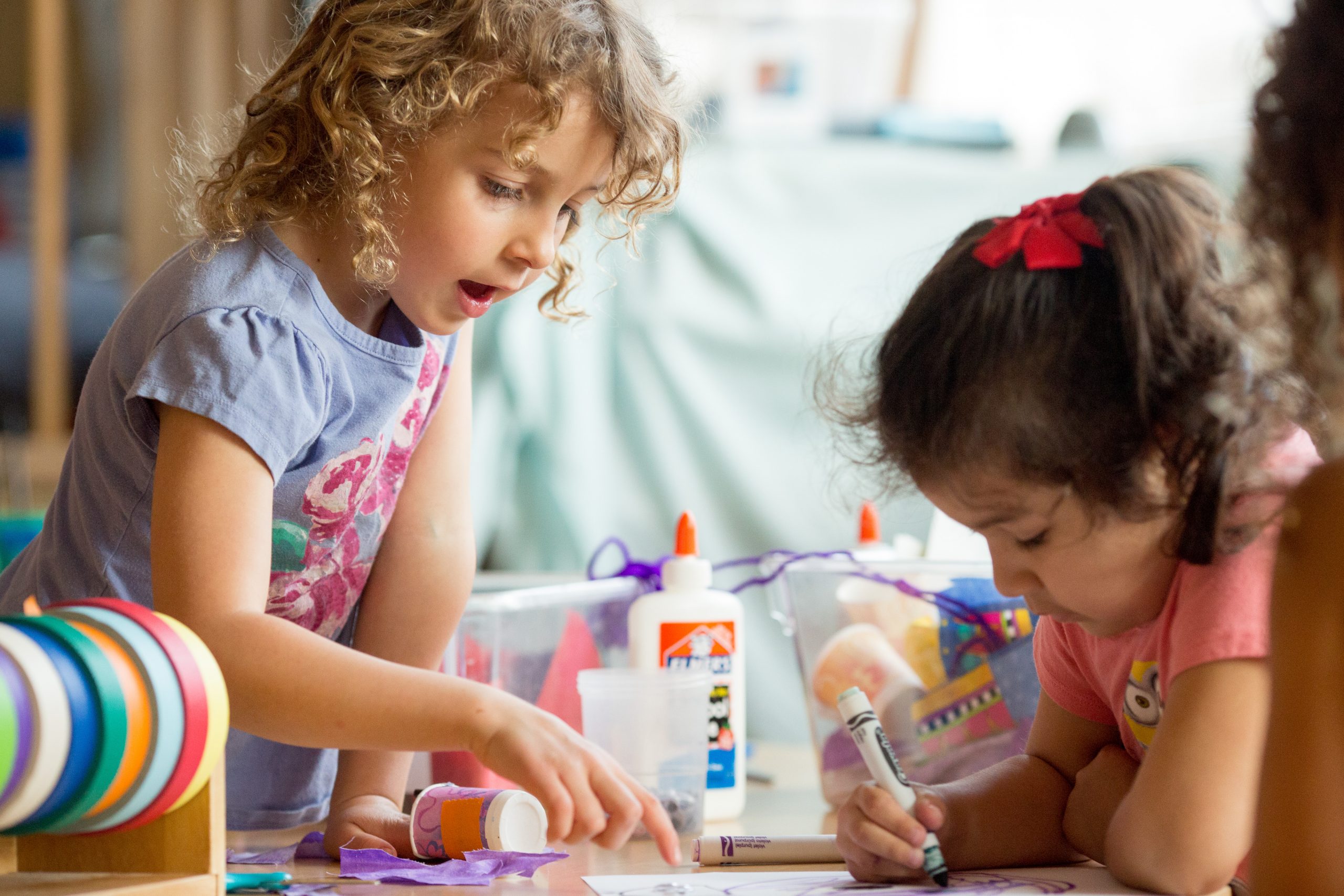
Student behavior is greatly influenced by peers. While preschool teachers may reward students exhibiting desirable classroom behavior with special titles such as “line leader,” or with physical prizes like candy, they often rely on other students to teach acceptable conduct. Do these peer reinforcements help to build children into disciplined students? Perhaps. However, recent research from sociologist Amy August finds that these methods may have unintended consequences, facilitating social inequalities in schools.
August observed a preschool class at a private school. The teachers used strategies that allowed children to train one another on appropriate actions by granting or refusing attention and inclusion. Specifically, children were instructed to ignore disruptive students, were excluded from play following prohibited behavior, and were welcomed back into playtime after behavioral improvement.
Children learned that inclusion and attention are rewarded and can be used to discipline peers, thus promoting social isolation in schools. For example, a child who is upset with their classmate may “punish” that student by excluding them from a game at recess and encouraging others to do the same. While the first student may gain social status from enforcing this exclusion, the student that is left out faces peer rejection that can become a long-term pattern that lowers their self-esteem.August’s study points to the idea that peer socialization in schools acts as a double edged sword. While this strategy is often necessary to enforce discipline and encourage appropriate behavior, the approach inevitably facilitates exclusion as well.

Comments